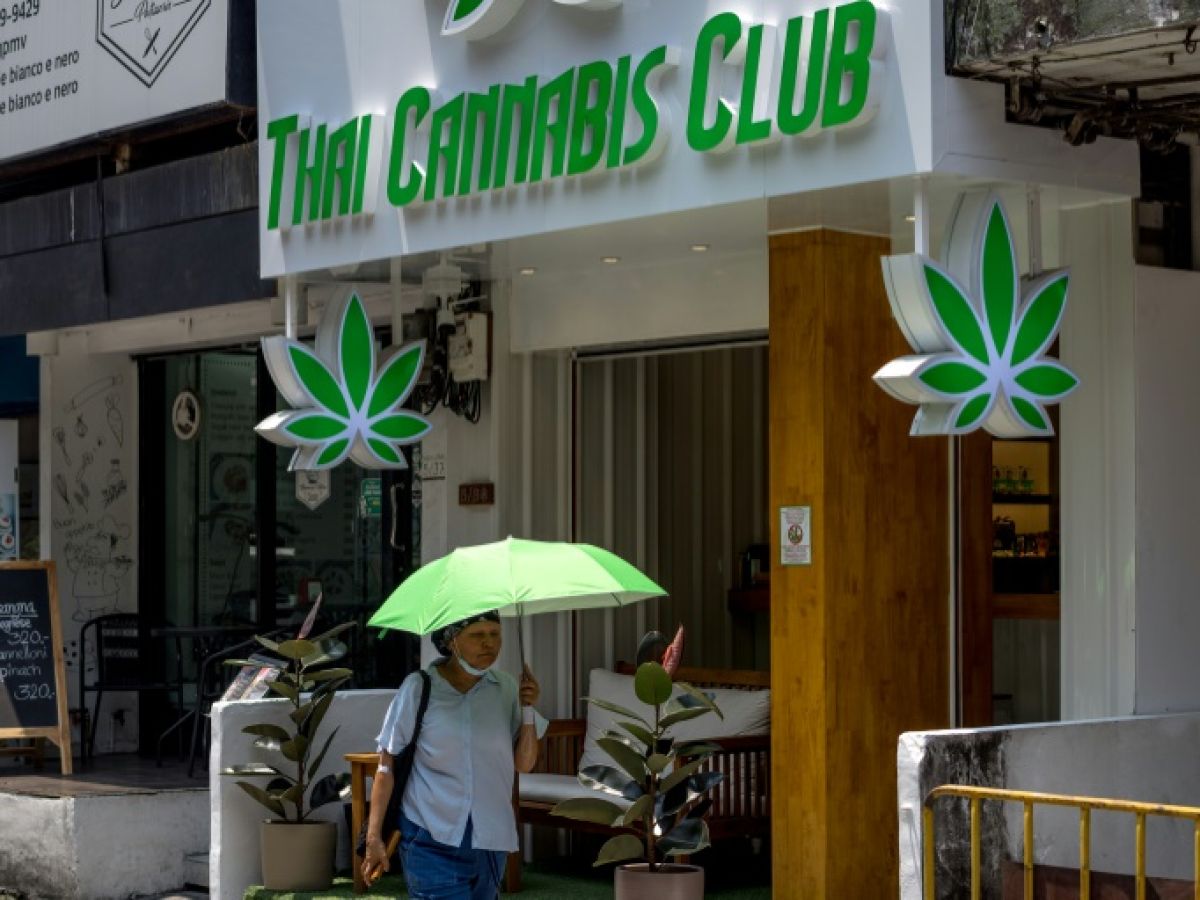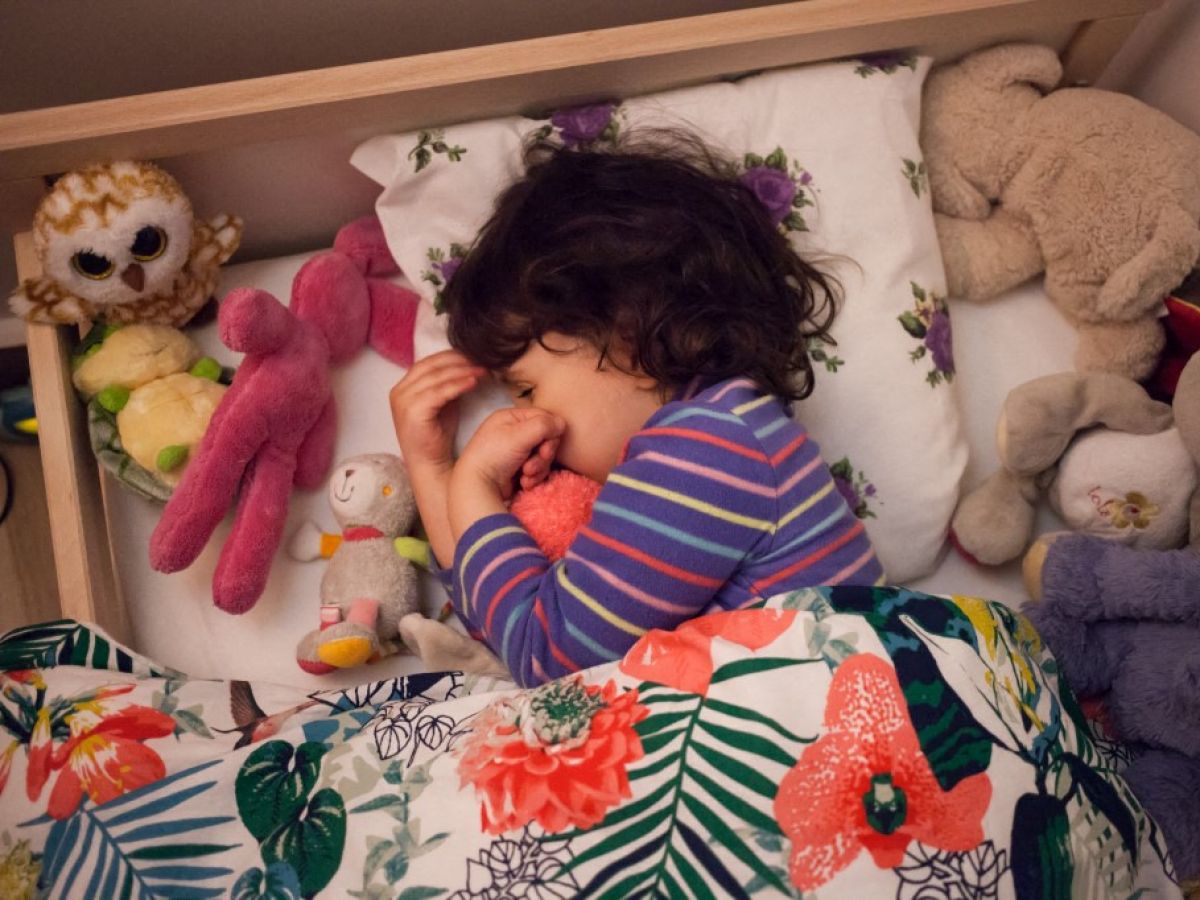"Unfair": Cannabis dispensary managers and activists on Thursday denounced the Thai government's about-face to restrict legal consumption of the plant, three years after its historic decriminalization.
After years of severe repression, Thailand removed the psychotropic drug from its list of narcotics in June 2022, becoming the first country in Asia to open up what authorities had hoped would be a lucrative market.
This regulation, justified in the name of developing tourism and agriculture, has led to the opening of hundreds of points of sale, but its detractors have denounced a text that is flawed and lax, in a region where drug consumption and trade remain severely punished.

After several months of government announcements to this effect, Health Minister Somsak Thepsuthin signed a decree on Tuesday evening requiring the presence of a doctor in the store to approve transactions for therapeutic purposes.
The text will come into force after its publication in the royal gazette, the official journal of the kingdom, on a date which remains uncertain.
This shift is "unfair" to a well-established industry, said Thanatat Chotiwong, a longtime cannabis advocate and dispensary owner in Bangkok.
"It's a whole industry, not just about selling plants. There are lighting suppliers, construction crews, farmers, soil and fertilizer developers, and serious research," he told AFP.
"Some of us have invested tens of millions of baht (THB 10 million = EUR 263,000) in greenhouses and infrastructure. And suddenly the government steps in to shut everything down," he says.
Thanatat urged authorities to "implement adequate taxation and regulation so that these revenues can be returned to society in a meaningful way."
– With a professional –
This is not the first time that the government has shown its firmness on the issue, especially since the 2023 elections, a year after decriminalization, have reshaped the political landscape, changing the consensus on cannabis.

Former Prime Minister Srettha Thavisin, in office between 2023 and 2024, wanted to speed up the process of restricting this market, but without achieving his goals.
Under the new proposal, dispensaries will only be able to sell cannabis to customers for medical reasons, under the supervision of licensed professionals such as doctors, traditional Thai medicine practitioners, folk healers, or dentists.
"It will work like this: Customers come in, say what their symptoms are, and the doctor decides how many grams of cannabis and which strain to prescribe," explains Kajkanit Sakdisubha, a shop owner in Bangkok.
"The choice is no longer up to the customer; it's no longer like going to a restaurant and choosing your favorite dish from a menu," he explains.
Not all clinics will be able to adapt to the upcoming regulations, due to the reduced number of health professionals available, he warns.
"I think many entrepreneurs knew that regulations were coming, but no one knew when," he said.
While waiting for the rules to come into effect, his shop has stopped selling cannabis as a precaution, and customers "don't know if what they're doing is legal," one vendor said.
The government's announcement came days after the departure of the conservative Bhumjaithai party, known for having championed the cannabis decriminalization project, from the coalition amid tensions on the Cambodian border.

